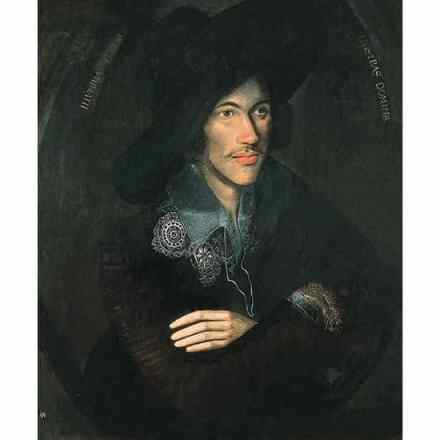A pure original: the inventive genius of John Donne
Perhaps it was all because of his name. John Donne: for a poet this must have felt a little like destiny, and even in the most unlikely of moments he couldn’t resist making puns. He sat down to write a letter to the enraged father of the teenage girl he had just married in secret.












